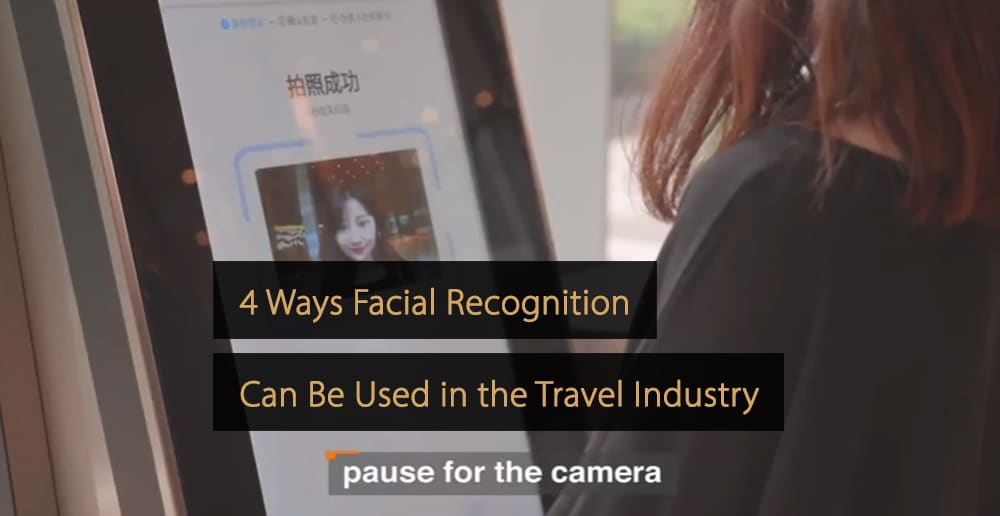In the fast-paced environment of the travel industry, security is paramount for ensuring the safety and well-being of passengers and staff alike. At [Your Company], we recognize the transformative potential of facial recognition technology in revolutionizing travel security and enhancing the overall passenger experience. In this comprehensive guide, we delve into the evolving role of facial recognition in the travel industry and explore how businesses can leverage this innovative technology to stay ahead of the curve.
Facial Recognition in Airport Security: Enhancing Efficiency and Accuracy
Facial recognition technology is revolutionizing airport security processes by offering faster and more accurate identification of passengers and staff. By capturing and analyzing facial biometrics, airports can streamline security checkpoints, reduce wait times, and enhance overall efficiency. Automated facial recognition systems can match passengers with their travel documents and verify identities in real-time, enabling seamless and hassle-free travel experiences while maintaining stringent security standards.
## Biometric Boarding: Simplifying Passenger Verification
Biometric boarding is transforming the boarding process by replacing traditional boarding passes with facial recognition technology. Passengers can simply walk through security checkpoints and boarding gates without the need for physical documents, making the boarding process faster, more convenient, and touchless. By eliminating the need for boarding passes and manual verification, biometric boarding enhances security, reduces boarding times, and improves the overall passenger experience, ultimately leading to higher levels of customer satisfaction. Baggage Tracking and Security: Enhancing Transparency and Accountability
Facial recognition technology is also being used to enhance baggage tracking and security processes at airports and transportation hubs. By integrating facial recognition systems with baggage handling systems, airports can track the movement of luggage and ensure that bags are matched with the correct passengers. In the event of lost or mishandled baggage, facial recognition technology can provide valuable insights into the whereabouts of the luggage, enhancing transparency, and accountability throughout the baggage handling process.
## Enhanced Passenger Experience: Personalization and Convenience
Facial recognition technology offers opportunities for personalization and convenience throughout the travel journey. From expedited check-in and security clearance to personalized recommendations and services, facial recognition technology enables travel businesses to offer tailored experiences that cater to the individual needs and preferences of passengers. By leveraging facial biometrics, businesses can create seamless and frictionless travel experiences that delight passengers and differentiate their brand in a competitive marketplace.
## Conclusion
In conclusion, facial recognition technology is transforming travel security and enhancing the overall passenger experience in the travel industry. From streamlining airport security processes and simplifying boarding procedures to enhancing baggage tracking and offering personalized services, facial recognition technology offers numerous benefits for both passengers and businesses alike. At [Your Company], we are committed to helping travel businesses leverage facial recognition technology to stay ahead of the curve, improve security, and deliver exceptional experiences that drive customer satisfaction and loyalty in the ever-evolving travel industry.
